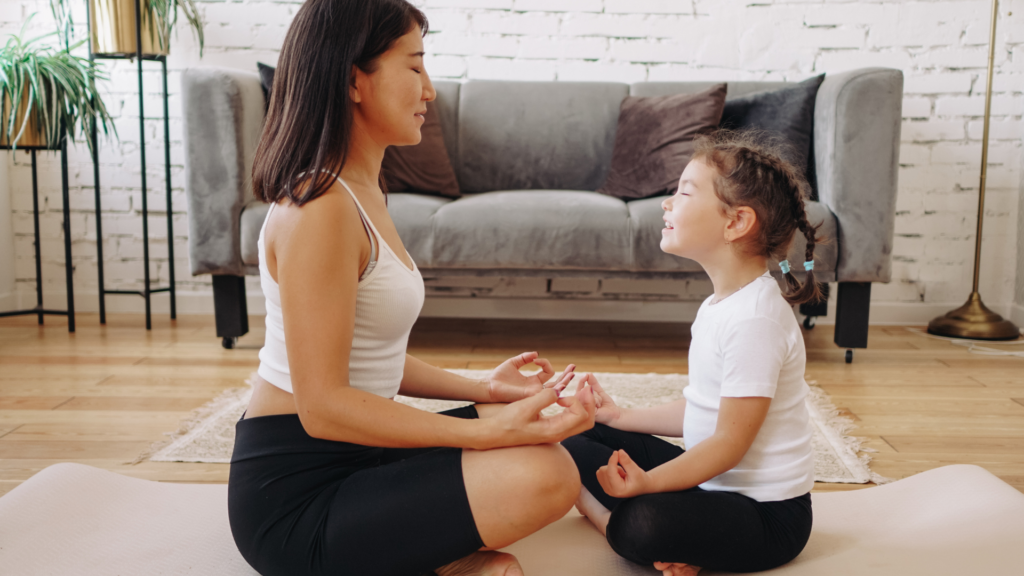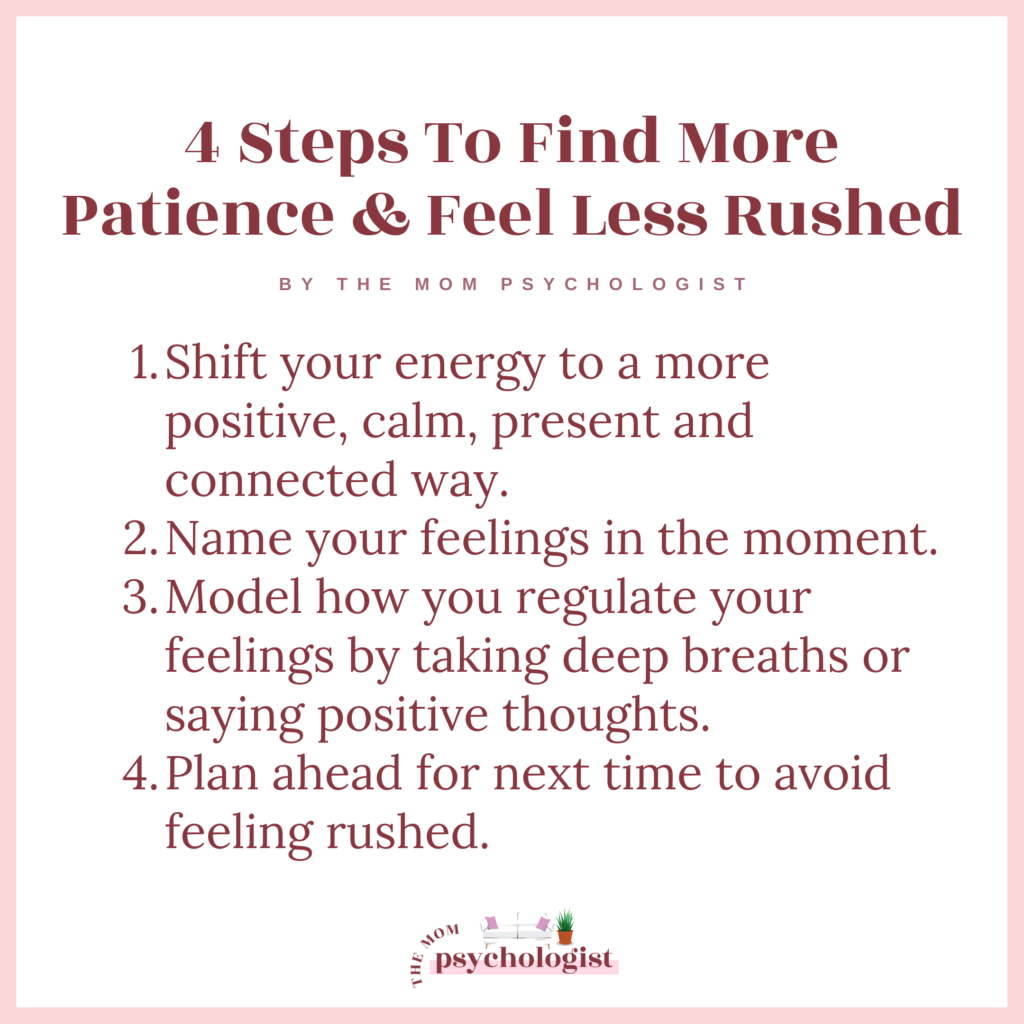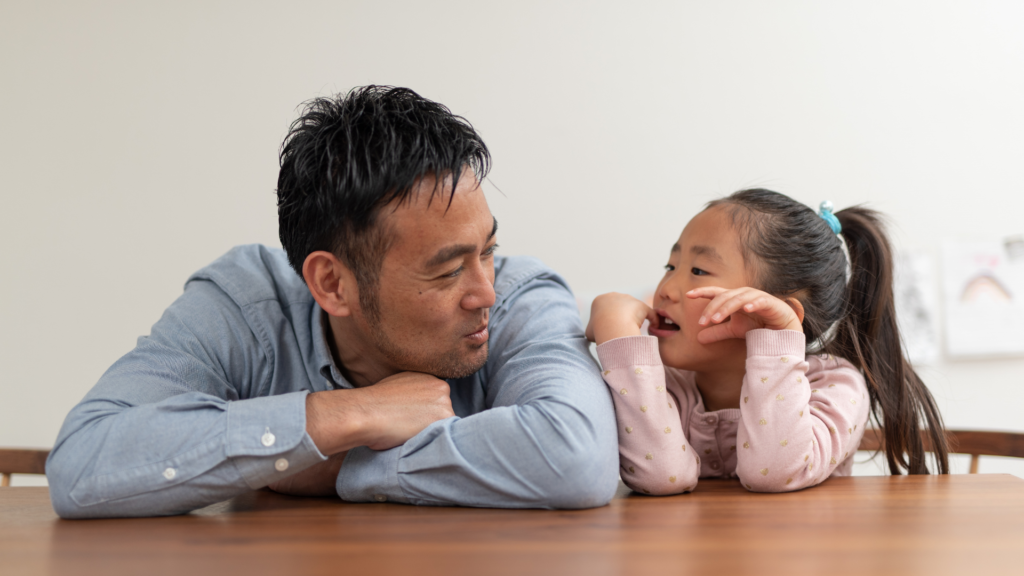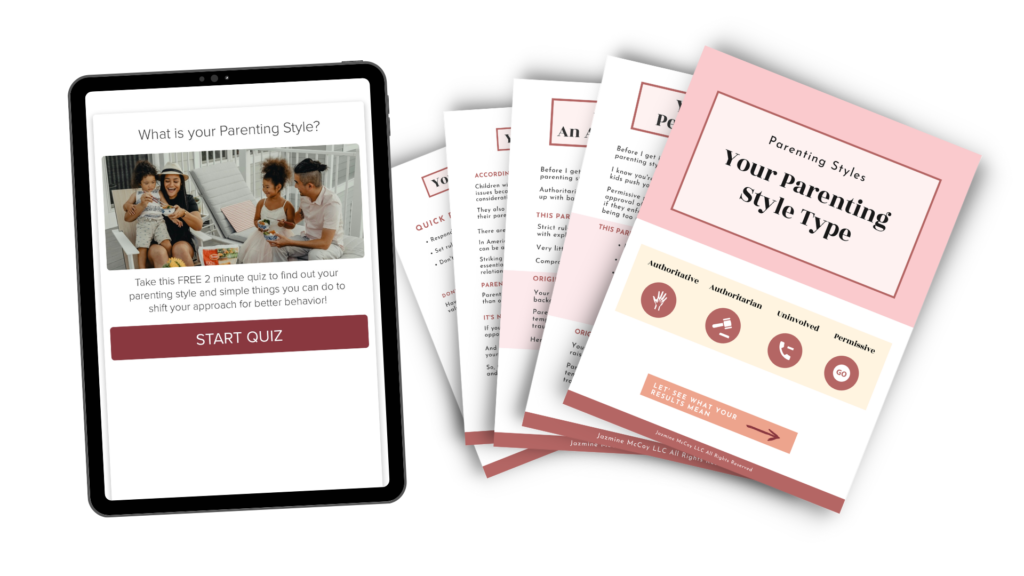watch now!
A place where I discuss all things related to toddlers and motherhood!
Subscribe to my Youtube channel
As a clinical psychologist, published author, and mother to two cheeky young children, I get it. I’ve spent YEARS researching and filtering through the noise online, so you don’t have to.
PARENTING TIPS
POTTY TRAINING
ANTIRACISM
PLAY
Blog Topics
SIBLING RIVALRY
SCREEN TIME
TANTRUMS
DISCIPLINE
Hi I'm Dr. Jazmine
How to Be a Patient Parent When You’re in a RUSH
topics:
I want to share a story time with you of a very difficult morning I had with my two girls – who were 4 and 5 years old at the time. And I’m going to share what I went through and how I ultimately processed my anger and frustration that I experienced.
On this particular day, I had made a commitment to myself that I wanted to show up for one of their swim classes. So that required me to get a lot done in the morning. This meant I was more stressed out when I came downstairs when it was time for them to get ready for swim class.
And so I already came downstairs with this feeling of rush and with this level of frustration and stress.
When I came downstairs – to my dismay – they weren’t ready like I thought they would be. And I immediately got triggered. My mind went to, “We’re going to be late. We don’t have enough time. I can’t believe they’re not already dressed. This is not okay.”
I’m automatically spinning out of control with negative thoughts, and a lot of them have to do with a scarcity of time.

That led me to feel pressured, stressed, anxious, and ultimately, impatient and angry.
So what was underneath that?
My impatience was the fear that we were going to be late. And if you know me, you know I don’t like to be late. If we’re not 10 minutes early, we’re late. I have a lot to work on with the element of time and how it stresses me out.
So this was a huge trigger for me. I started rushing around. I started barking orders at my little ones, “Go do this, go put on this, go put on your shirt, put on your coat, put on your shoes!” Before even connecting with them, I started barking orders.
I immediately went into problem-solving mode because it felt like an emergency. And so what do we do in emergencies? We think very fast, and we think about just what we need to get done.
I started getting upset because they weren’t moving fast enough, and they were getting distracted by whatever they were trying to do. And my mind and body were racing like a madwoman.
We finally got dressed, and I sat down to do their hair – which was the last step before we went out the door – I had this moment where I started noticing what was happening to me on an emotional level. And I thought, “Wow, I’m feeling very anxious right now. And the whole point of me even being here is to share this moment with my girls and go to the swim class.”
And my rushed, angry reaction was going against what was initially very important to me: to have this special moment and to show my girls I wanted to show up for them.
I also thought about how I didn’t want them to associate swim class with anxiety, frustration, impatience, and anger. I didn’t want them to think swim class equals stress.
And I knew at that moment I had the power to turn things around.

I first labeled my emotions as I noticed them.
The first step to emotional regulation is awareness, which sounds so easy. But in the moment it’s easy to keep spiraling and spiraling. We don’t stop to think, “Wow. I’m feeling very stressed out right now.”
So that’s the first thing I did. I said to my girls, “I am feeling very anxious right now. I am feeling stressed. I’m feeling overwhelmed because I’m feeling like we don’t have enough time. I’m afraid that we’re going to be late. I have some fear going on about time and about us being late to swim class. It’s really important to me that we are on time and that’s making me feel stressed and anxious.”
Check out my blog on How to Manage Your Anger and Frustration as a Parent for more help.

And then I stopped talking, closed my eyes, and took some deep breaths.
I had to pause for a moment again because I knew I wanted to turn this around and be more patient with my kids. And this starts with me.
It’s not about trying to change them and get them to go quicker. I need to regulate myself first. I need to be a positive role model. So I stopped.
I then said to my daughters, “I can choose to change my attitude,” as I continued to take my deep breaths and do their hair. I also said, “Thanks for your patience with me. I was a little stressed. I appreciate your understanding. We’ll get to class when we get there. It’s all going to be OK.”
This is really important to say out loud to our kids because we have to honor these moments that are stressful for them. They absorb our stress and
that impacts them. Our behavior affects our kids. And when we can honor and acknowledge that in the moment, it’s incredibly validating for them.
And our kids see us taking responsibility for the way we acted when we had intense emotions. And guess what our kids are going to learn? They’re going to learn how to take responsibility for their own mistakes when they find themselves in those situations.
Because here is the truth bomb in all of this: It’s not my kids’ fault that the adults in their life didn’t manage their time and didn’t allow for more time for their slow-moving feet and distracted minds.
Kids are all about the present moment, and they process things differently than we do. It’s tempting to look at their behavior through our adult lens and say, “You’re not moving fast enough. It must be because you’re trying to move slowly, and you’re trying to make us late. You’re trying to annoy me.”
It’s very easy to take their behavior personally. And then we keep barking orders and we keep shouting and yelling. I had to take a step back and say…
- “It’s not their fault that I didn’t come down earlier. That I didn’t give enough time for the way they process. Let me take accountability for some of the choices I made. I need to allow for more time. This is what this situation is teaching me.”
As a parent, it’s incredibly powerful to come to these moments and ask yourself, “What is this situation trying to teach me? Where is my lesson here?” Especially if you find yourself in these patterns with your child. Take a step back and ask yourself, “Where do I need to disrupt this pattern to see something different?”
I knew it was my responsibility to get us moving but to get us moving in a positive, calm, patient, present, and connected way. I made a simple choice to shift my energy, name my feelings, and then model how I was going to regulate myself.
Here’s the thing: I’m not perfect. And I hope this story illustrates that.

We’re all working on being more patient, mindful, and present parents. That’s the daily work we get to do.
So the more we can acknowledge and work towards repairing with our kids is the best. And shifting our approach and energy in the moment.
One thing this situation taught me was how I need to work on my relationship with time. And how I need to continuously shift my perspective from there’s not enough time, time is working against me, and time is always running out.
Instead, I need to think “I make time. I’m the creator of time. Time is on my side.”
Shifting our language of how we even talk about time is powerful.
What we tell ourselves and how we describe situations and different experiences are going to color how we show up in the moment. It’s going to color how we think, how we feel, and then the choices that we make.
We all get to decide – from moment to moment – how we want to show up in our relationship with our kids.

Just because we showed up one way a second ago doesn’t mean we don’t have the power to choose how we want to show up in this moment. All we have is the present moment. We can’t take things back. Sure, we can acknowledge, take responsibility, and repair what we’ve done and the choices we’ve made, and the impact it’s had, but we can’t relive those moments.
So the work comes in choosing how we want to show up. And knowing that we have that power to choose is empowering. We don’t need to dwell on the past as much as we need to focus on how we want to shift our energy. What needs to happen? What needs to change to show up as the best versions of ourselves right now?
We get to decide to be mindful of how we want to model these things for our kids.

Cultivating more presence starts with awareness.
We first have to realize our emotions and our intense feelings in the moment. Because again, it’s so easy to spiral out. We have to first realize that we’re losing it so that we can get back on track.
Making that simple choice in the moment to show up differently and slow ourselves down is powerful. It’s so easy to spiral out and start barking orders because everything feels like an emergency when we’re running out of time.
So that means you have to slow yourself down, and you’ll find that you have even more time. Then you’ll start to make better decisions. You’ll be more connected with your child, which means they want to cooperate.
You also will choose your language intentionally. You’re less likely to feel guilty and ashamed because you’re mindful of your words. You’re mindful of your energy. And you choose how you want to show up versus becoming a victim to your intense feelings and being more reactive.
One thing we can do to feel less rushed and impatient is planning ahead.
Mornings are hard and are historically triggering for a lot of parents since mornings require a lot of routines and a lot of transitions.
There are a lot of different tasks that need to get done in the morning. It’s no wonder we’re all stressed out. We have to wake them up, dress them, brush their teeth, go eat, put on their shoes and jacket, and do their hair. It’s a never-ending to-do list, and it can feel like time is not on our side.

So allow for as much time as we can to wake up early or pack things the night before. Work on regulating ourselves before we even get into that whole task of running down your list of to-do’s. Be mindful of how we’re showing up. We’ll find we have more time when we slow ourselves down and regulate our emotions first.
If you have an older child – 4 or 5 – have conversations with them about mornings about the pattern you might be falling into with them. You could say…
- “I noticed that mornings have been stressful lately. Have you noticed this too?”
- “How can we work together as a team? I don’t want to feel stressed out. I don’t want you to go to school feeling all stressed out. I want us to have fun together. I want us to play. I want us to feel connected and like we’re working as a team. So do you have any ideas?”
Even just asking that question – regardless of if they even have ideas – is powerful for your child because you’re sending a message:
- “We are a team. I want to work as a team. I notice this pattern. I notice that’s stressful on all of us, and I want to work together.”
That is powerful and healing to bring those things to the surface to even talk about. And then from there, you can brainstorm different ideas. Often it takes a lot of trial and error – we’ll not land on something right away. And these things can shift as you go into different seasons in your life and as your child goes through different developmental milestones and different grades. This is going to be something to reevaluate and adjust as you move forward.

Ultimately, we’re all human. None of us are going to get this perfect.
And that’s okay.
Each moment we get to decide how we want to show up. And there’s beauty in all of that.
Rooting for you,
Dr. Jazmine
P.S. Ever wonder what type of parent you are? Like do you tend to be more permissive, authoritarian, or do you strike a balance between love & limits (authoritative)?
Take my Parenting Style Quiz and find out! All you need is 2 minutes and an email address.

Once you complete the quiz, I’ll send you a personalized report and video with your results. You’ll receive several resources that will help you grow to create more cooperation and connection to transform your relationship with your child.
Love this? Don’t lose it! Click below and save it to your Pinterest!

Leave a Reply Cancel reply
Copyright The Mom Psychologist® 2025
grab my free script pack!
explore
work with me
information
About
Blog
YouTube
Podcast
Privacy Policy
Terms of Use
Product Disclaimer
Contact
TMP Times (Newsletter)